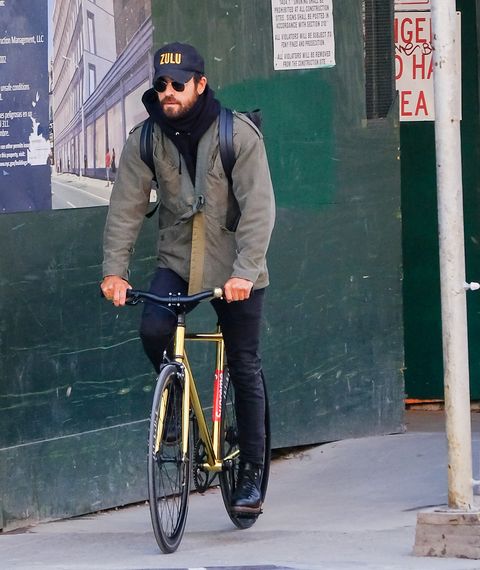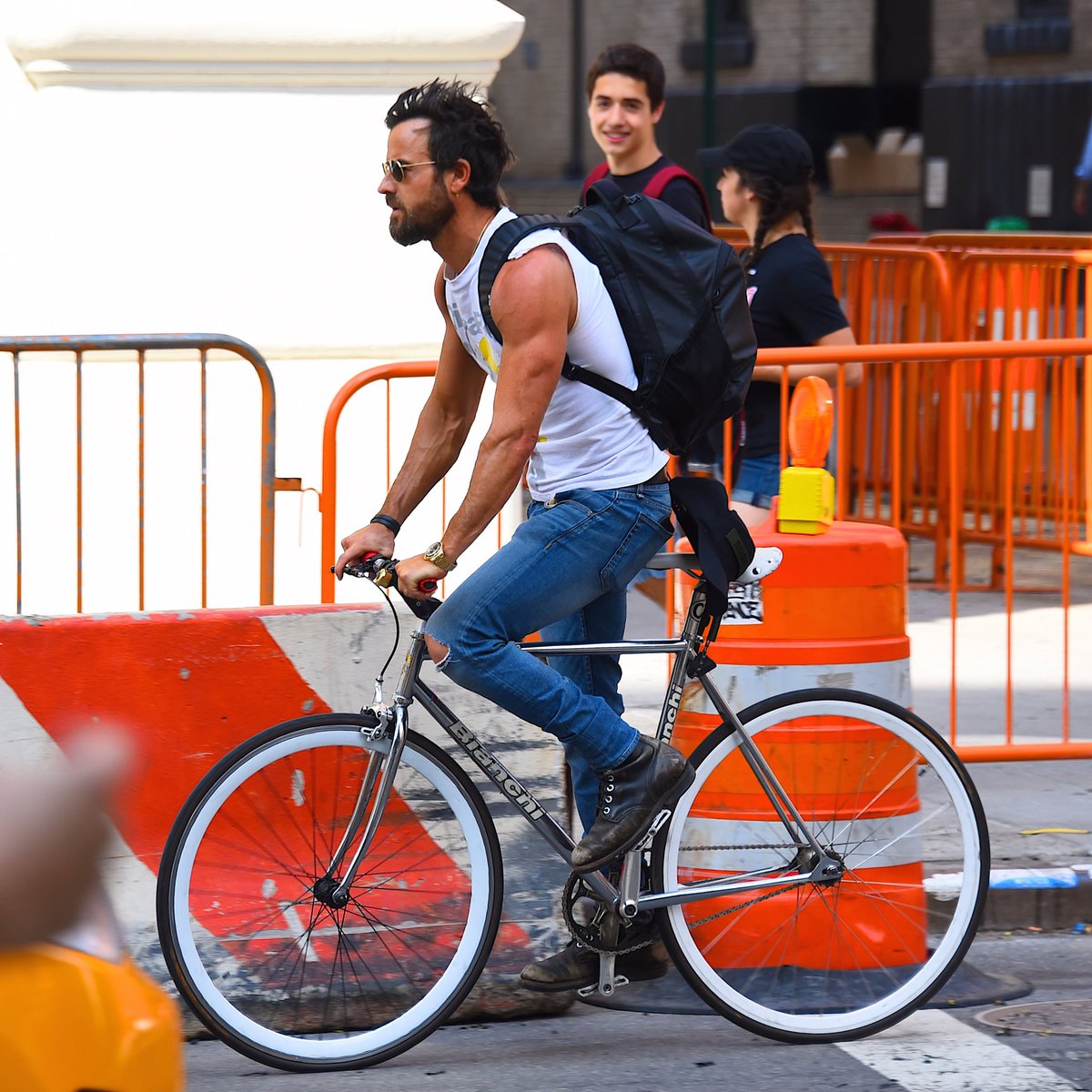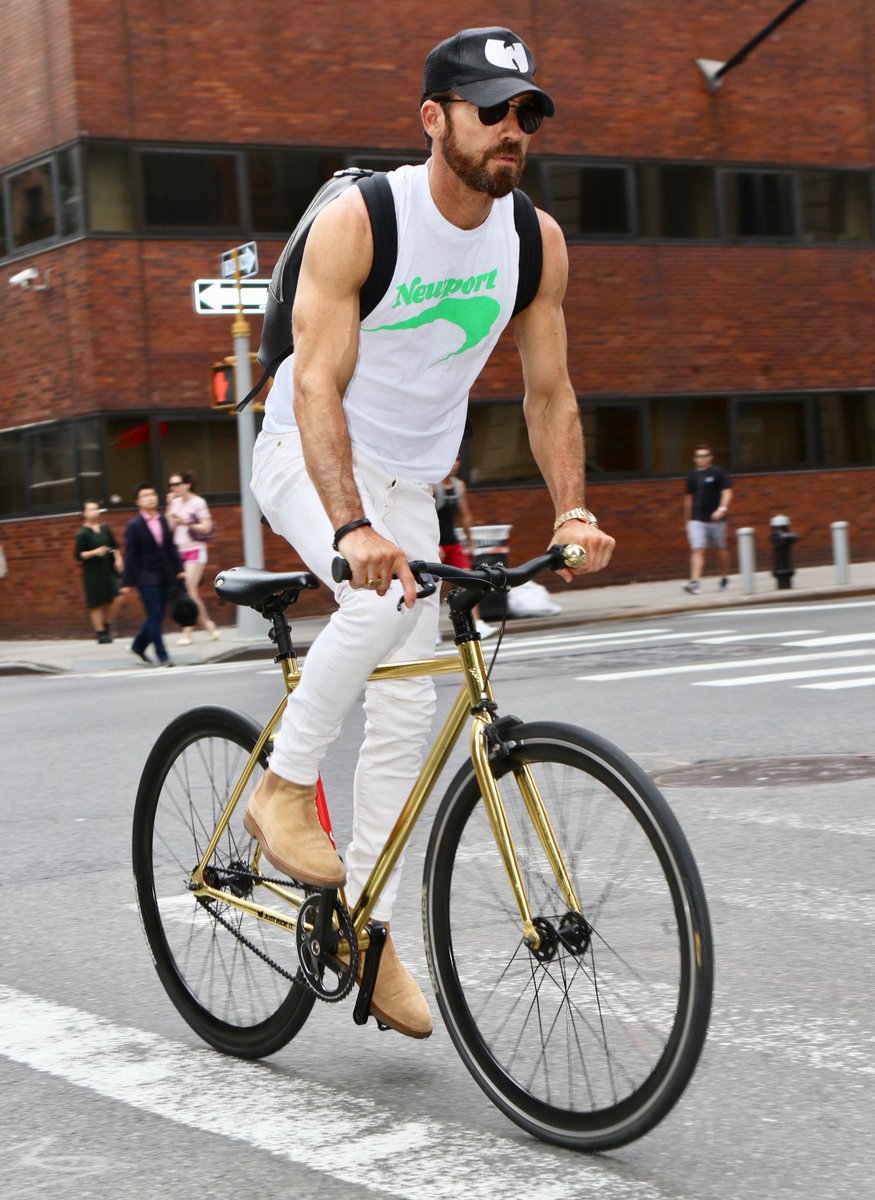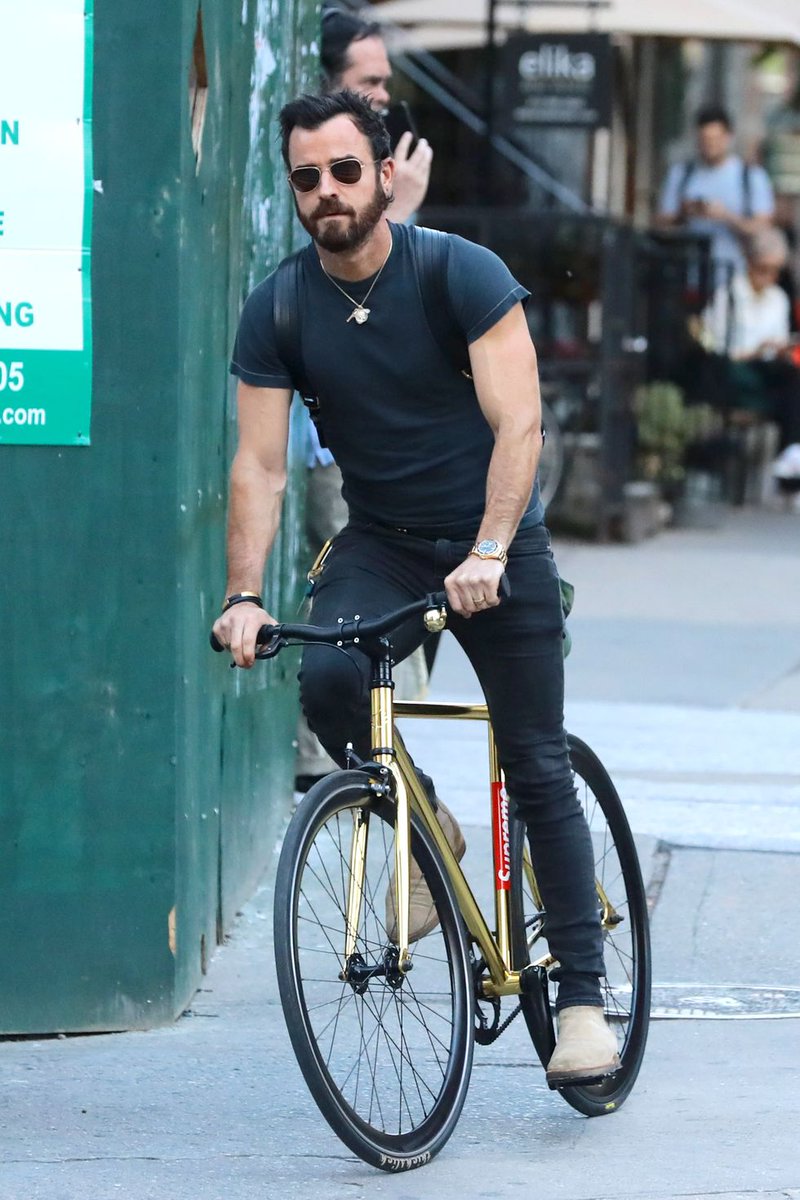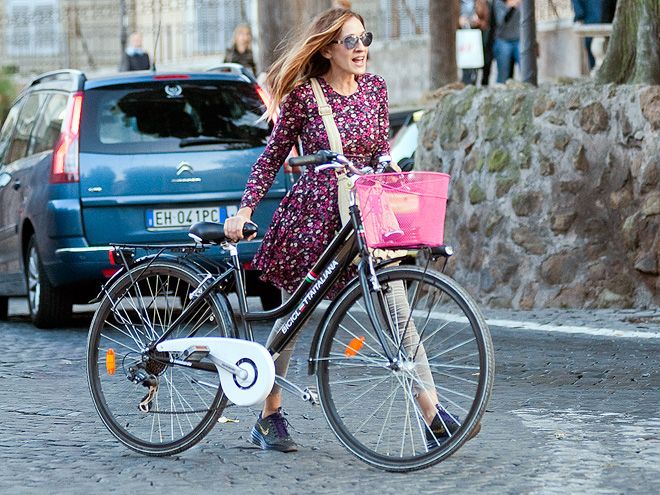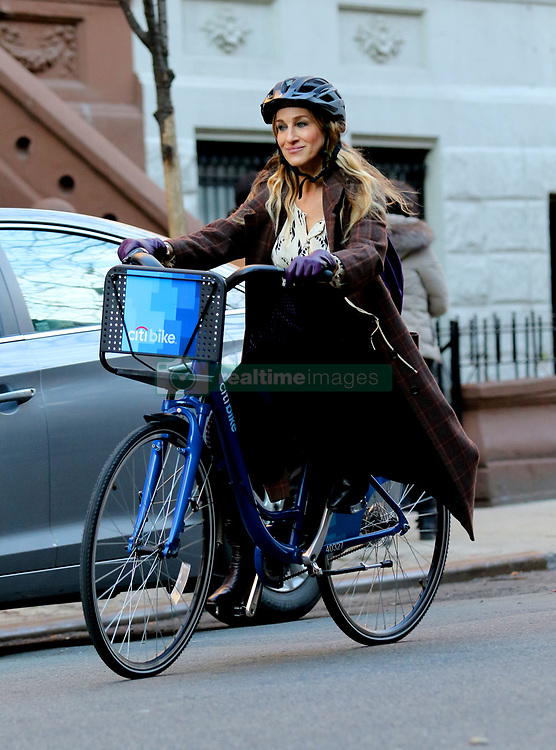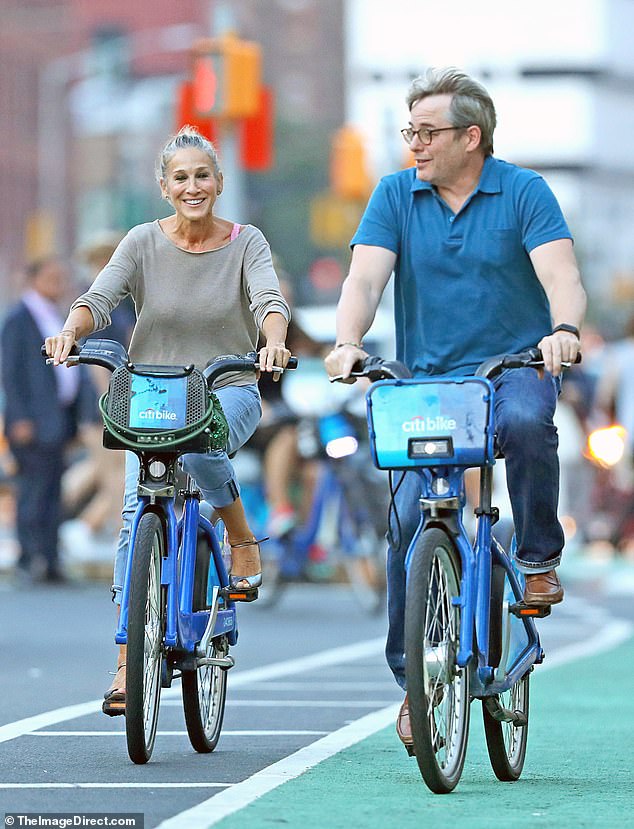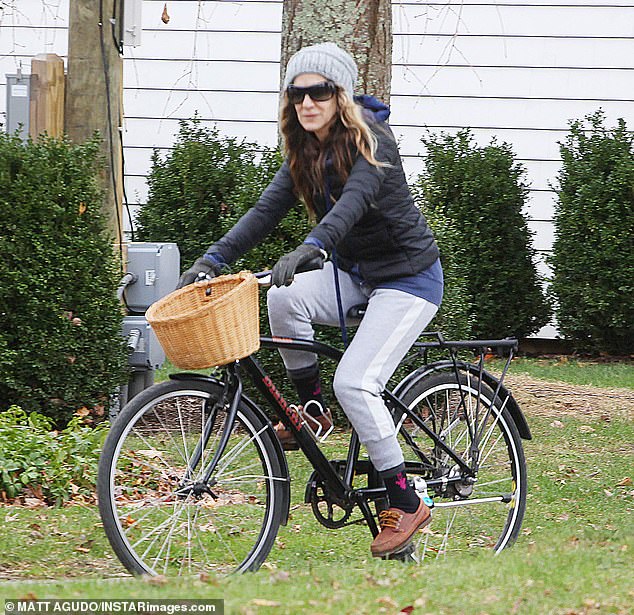
On the left is the Catarijnesingel in Utrecht, the Netherlands.
Historically, this had always been a waterway. But in the 1950s the Netherlands, like lots of the world, got obsessed with building roads.
So they turned their canal into this
Historically, this had always been a waterway. But in the 1950s the Netherlands, like lots of the world, got obsessed with building roads.
So they turned their canal into this

In 2002, a referendum was held in which residents voted to have the waterway restored and the road removed.
Work began, and last year the old canal was opened once again.
“In Utrecht, we choose water and greenery over a highway for cars.”
Work began, and last year the old canal was opened once again.
“In Utrecht, we choose water and greenery over a highway for cars.”
On the right is the Cheonggyecheon Stream in downtown Seoul.
Again, historically, this steam always ran here. But in the 1950s the Koreans, like their Dutch counterparts, covered it in tarmac so it could move cars instead.
It looked like this
Again, historically, this steam always ran here. But in the 1950s the Koreans, like their Dutch counterparts, covered it in tarmac so it could move cars instead.
It looked like this

In 2001, Lee Myung-bak became Mayor of Seoul on the back of a promise to restore the city’s one major internal freeway into the waterway it once was.
Skeptics warned it would destroy the city, create congestion and damage businesses (sound familiar?).
Skeptics warned it would destroy the city, create congestion and damage businesses (sound familiar?).
By 2005 the stream was open and now it serves as one of Seoul’s most popular destinations for locals and tourists alike 





Our cities aren’t stuck with the mistakes of the past. We can undo them. We can make different choices. All it takes is the political will.
The River Effra, Fleet and Westbourne are three waterways we could restore in London alone.
Do you know of others?
The River Effra, Fleet and Westbourne are three waterways we could restore in London alone.
Do you know of others?
• • •
Missing some Tweet in this thread? You can try to
force a refresh



